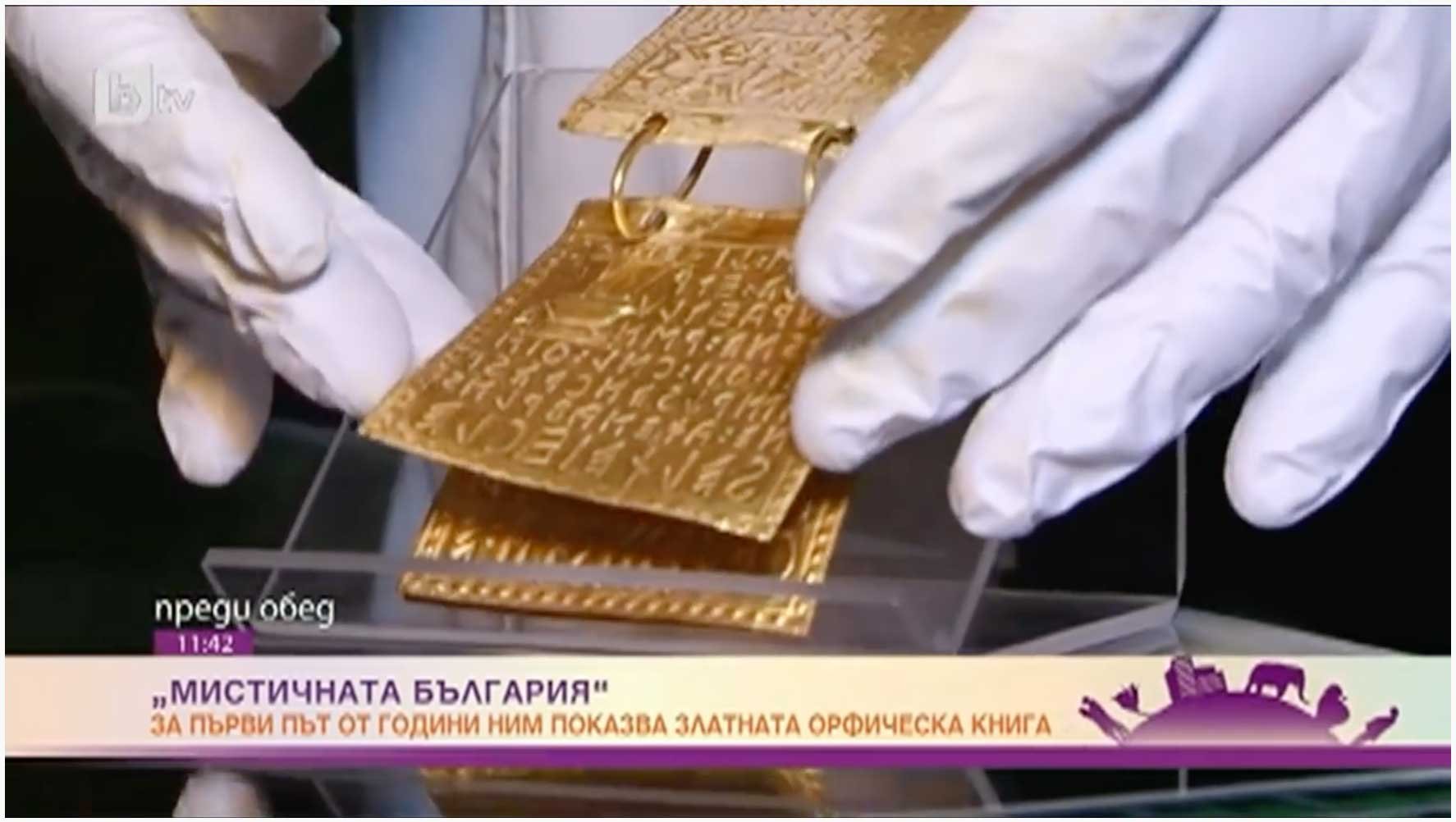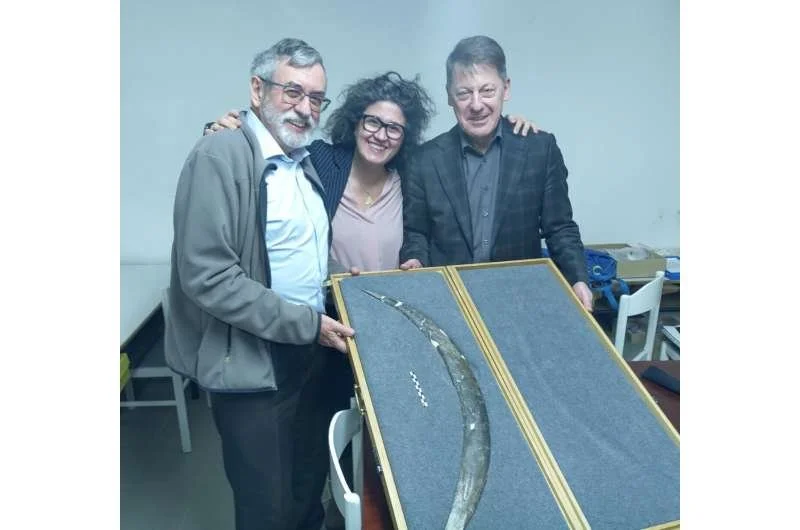Bulgaria's Golden Wonder: The Tale of the Etruscan Orphic Book
The ancient world holds many secrets, waiting for intrepid archaeologists to unveil them. Among these mysterious artifacts, one gleams brighter than most—the Golden Book of Orpheus. Currently showcased in the National Historical Museum in Sofia, Bulgaria, it is not just a treasure trove of history but a testament to human craftsmanship and spiritual endeavors from millennia ago.
Discovery and History
The Golden Orphism Book was discovered quite serendipitously about 70 years ago. As a soldier toiled away, digging a canal around the Struma River, he stumbled upon what would later be recognized as one of the world's oldest preserved books.
Dating back to around 660 BC, this ancient codex is comprised of six pages, each measuring 5 cm by 4.5 cm. Made from 23.82-karat gold, these pages are bound together with gold rings, presenting a dazzling and magnificent sight. The entire artifact weighs a delicate 100 grams.
Etruscan Influence and Cultural Significance
The contents of the book are written in Etruscan characters, a language of the Etruscans, an ancient civilization that originated in Lydia (modern-day Turkey) and was later settled in central Italy almost three millennia ago. Illustrations on the plates depict various symbols and figures, such as a horse, a horseman, a siren, a lyre, and soldiers, pointing towards the rich cultural tapestry of that era.
The book's Etruscan connection, particularly its writings, hint at the mystical rites and practices surrounding death. Scholars believe this artifact is related to the funeral of an aristocrat devoted to the Orphic cult, a belief system rooted in the mythic tales of Orpheus.
Orphic Connection
Orphism, tied closely to Thracian and Hellenistic traditions, found resurgence in the 6th century BC with the Greek philosopher Pythagoras. Its origins in Thrace make the discovery of the book in Bulgaria even more significant, and the linkage with Etruscan culture underlines the intermingling of beliefs in ancient times.
Interestingly, while individual pages of Etruscan "Orpheus" books have been found scattered in various parts of the world, only in Bulgaria was a complete book discovered with its pages still connected by golden rings.
Current Status and Future Studies
Generously donated to Bulgaria’s National History Museum by an anonymous 87-year-old benefactor, the book is now stored in the NIM Cellar. It has undergone extensive examination by experts both in Sofia and London, with translations of its text currently underway.
The discovery of the Golden Etruscan Orphism Book reminds us of the interconnectedness of ancient civilizations and the rich cultural legacies they left behind. As scientists and historians continue to decode its secrets, the book stands as a gilded beacon, bridging the past with the present and underscoring the enduring human quest for understanding and meaning.
The pages and cover are made of 23.82-carat gold. The quality of the work of the craftsmen who made this book indicates the advanced goldsmith techniques used by the Etruscans.
REFERENCES:
ЗЛАТНАТА ОРФЕЕВА КНИГА (The Golden Orphism Book)
Ще бъде ли потвърдена автентичността на Златната орфическа книга? (Will the authenticity of the Golden Orphic Book be confirmed?)
Какво се знае за загадъчната "златна книга"? (What is known about the mysterious "golden book"?)
ЗАГАДЪЧНАТА ЗЛАТНА “КНИГА” (THE MYSTERIOUS GOLDEN "BOOK")











